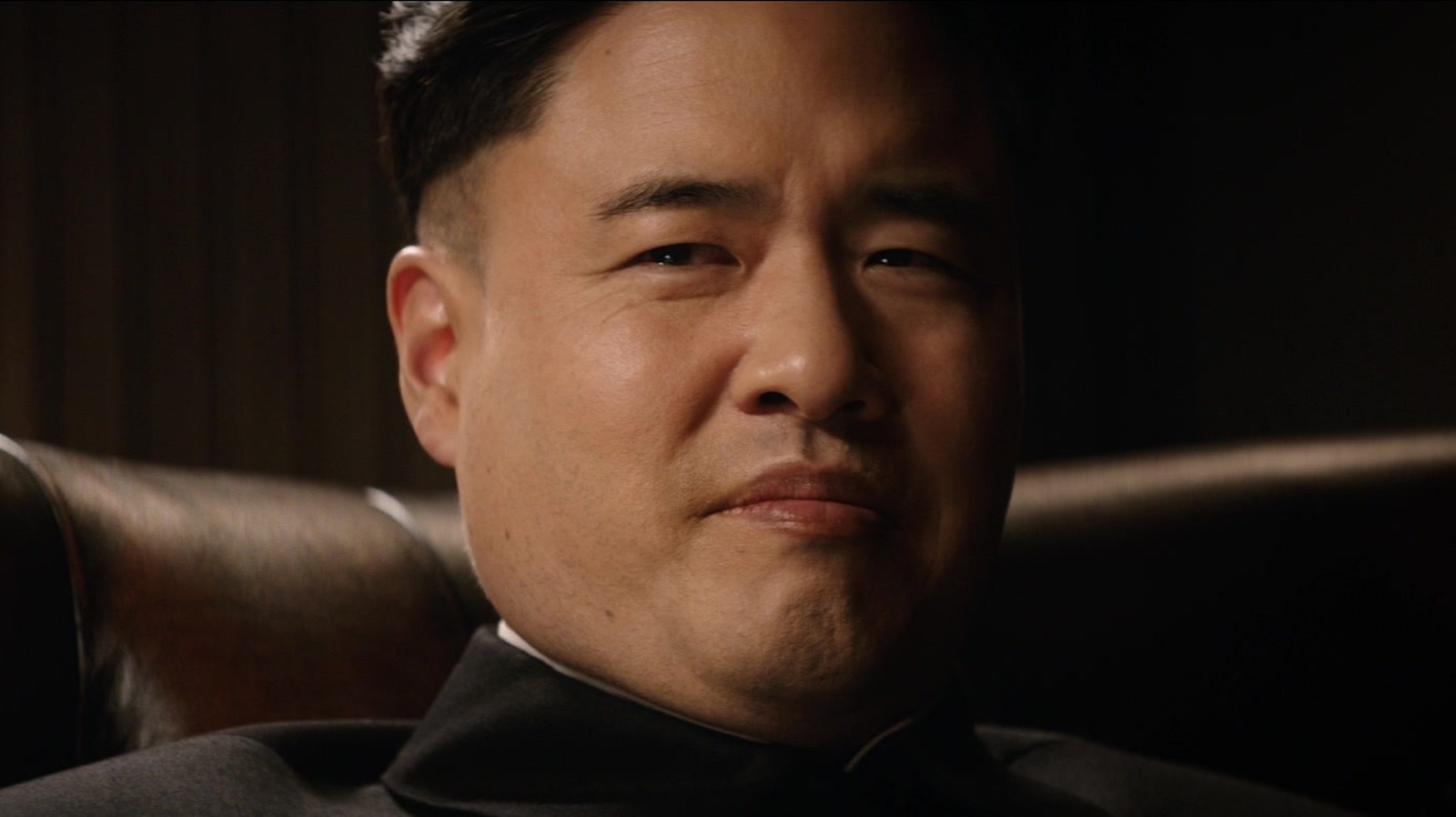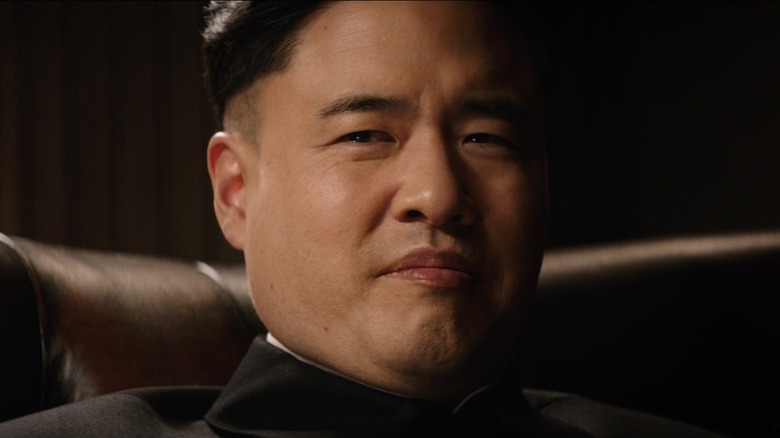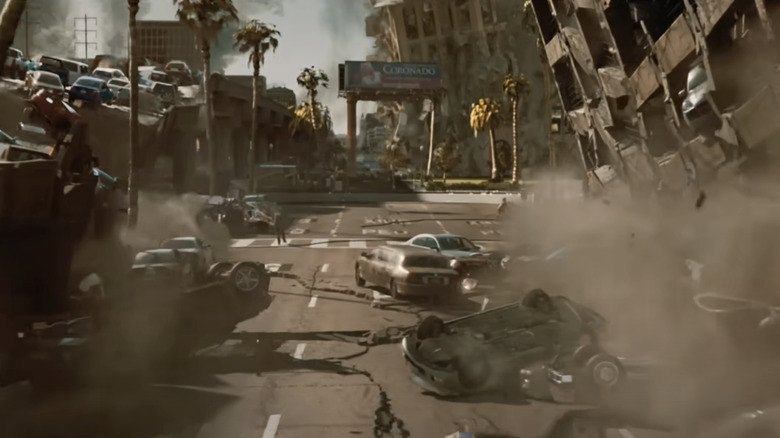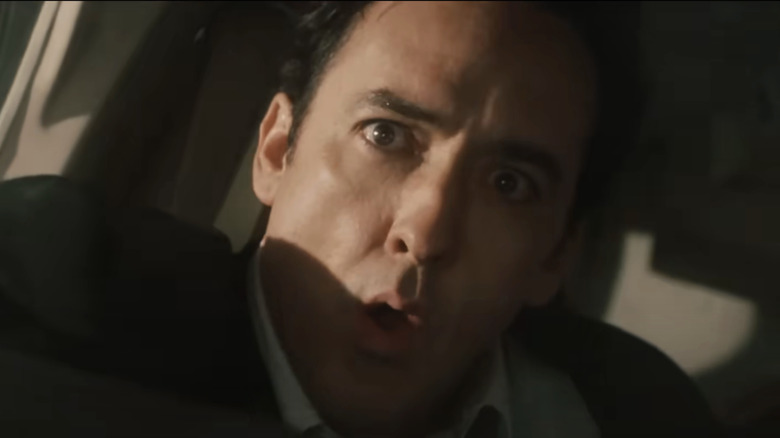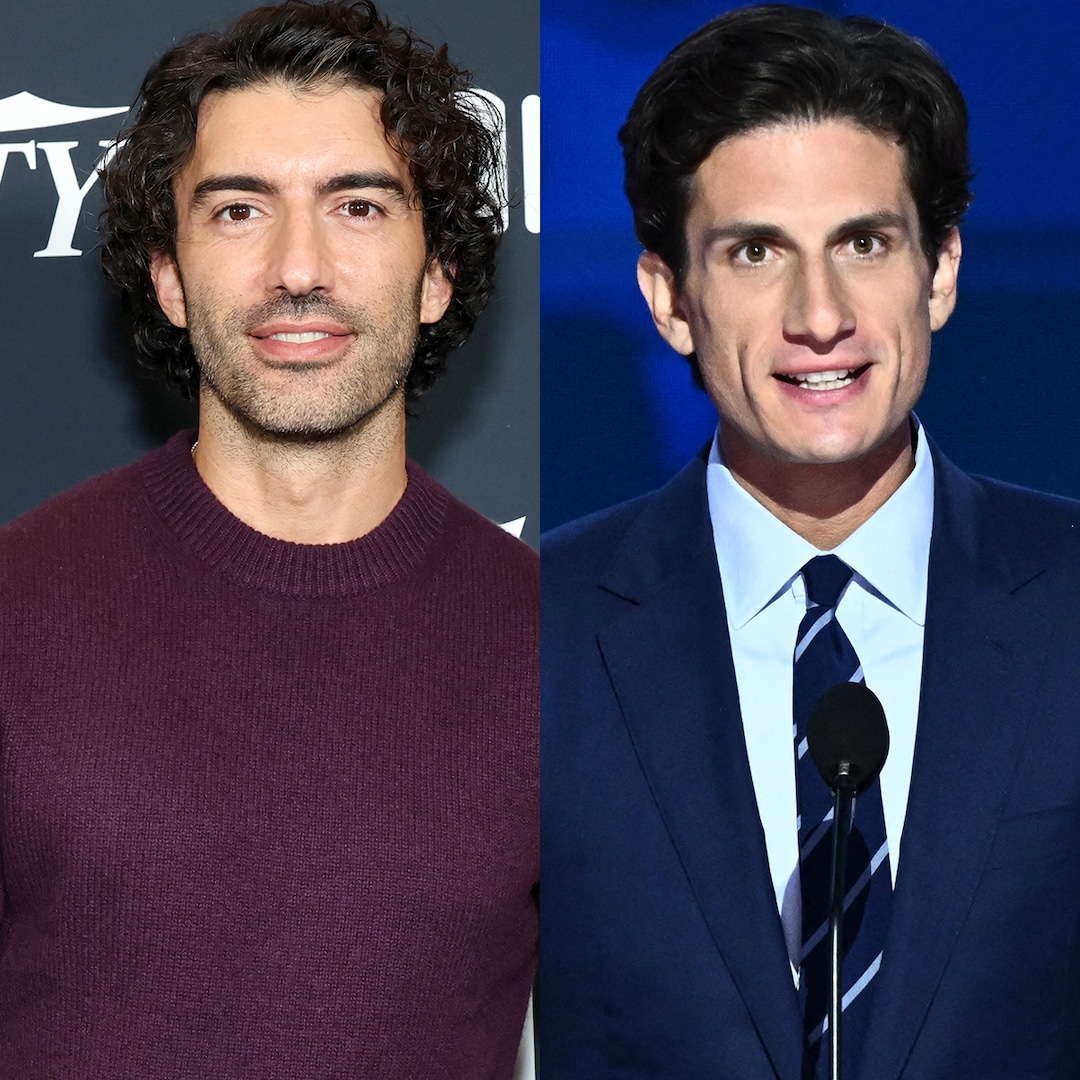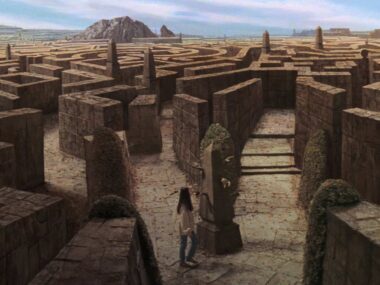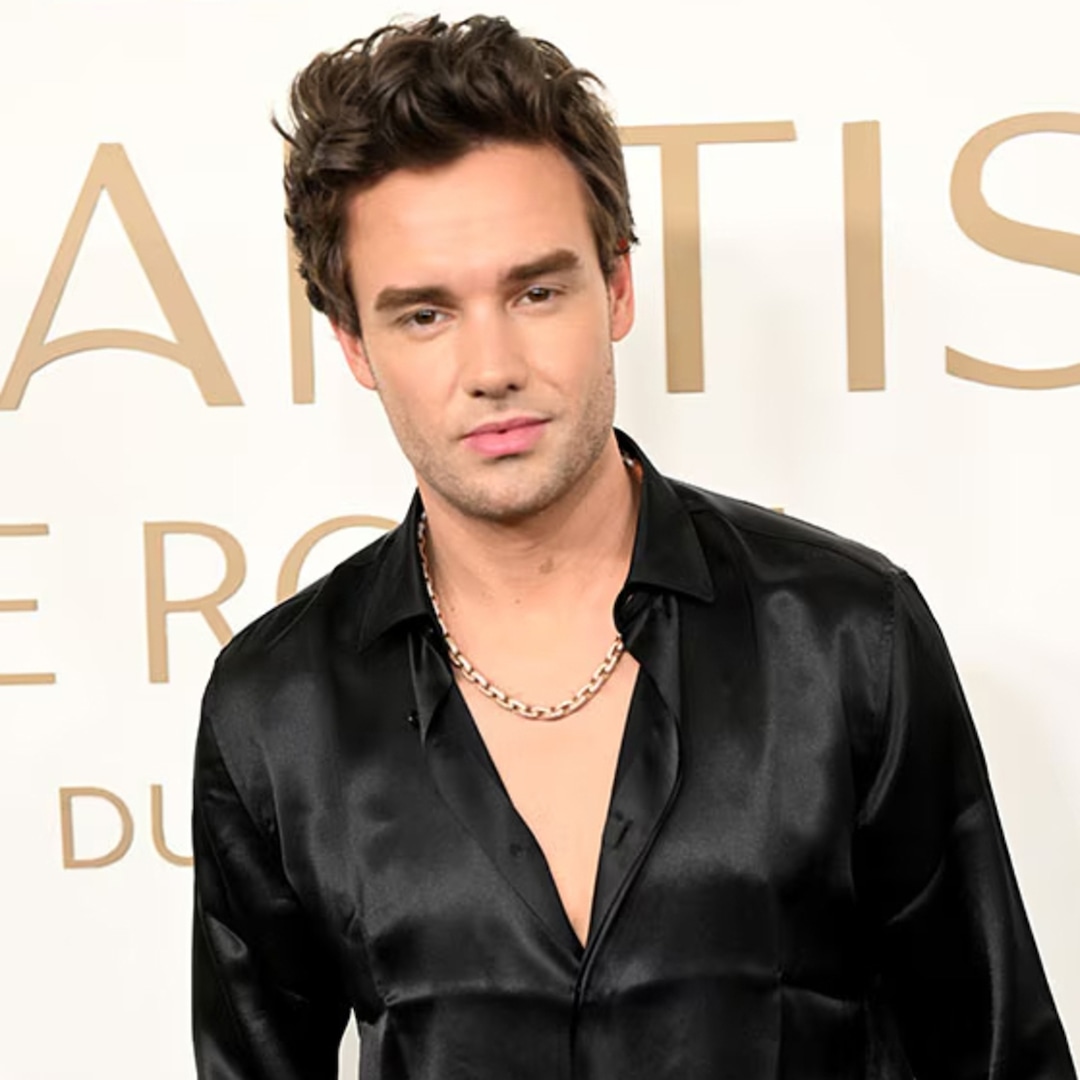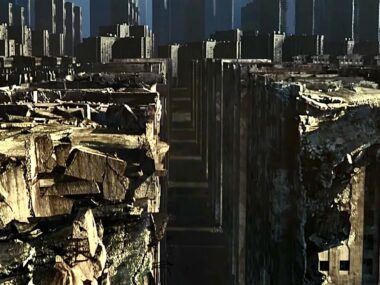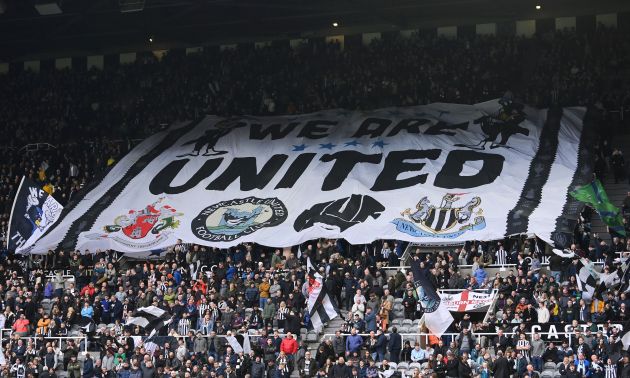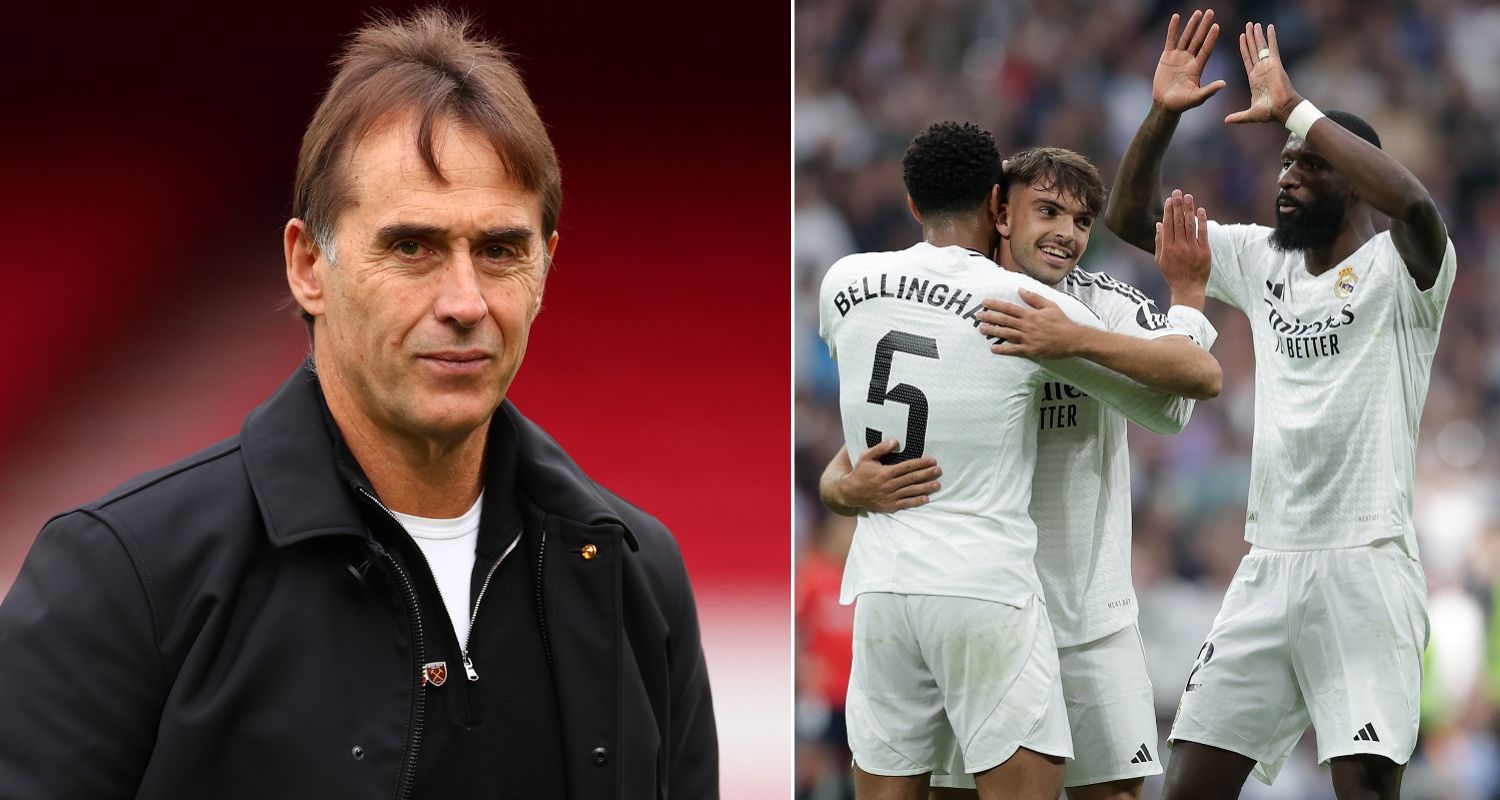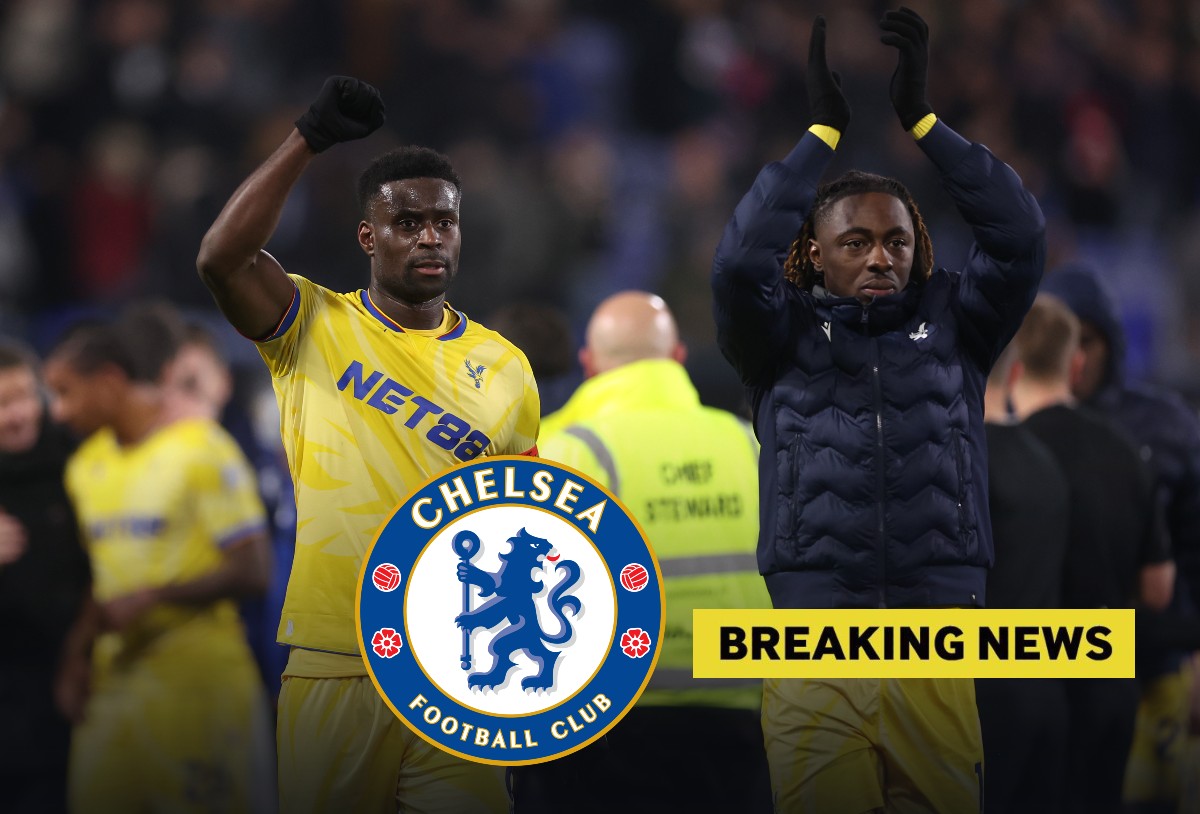While American movies have enjoyed decades of worldwide success, there's something about Hollywood that some countries just don't like. More precisely, there is something about Hollywood that China does not like. The Chinese Communist Party has a notoriously shameful record when it comes to outlawing perfectly harmless and even delightfully charming classics. Just look at the time China banned “Back to the Future” for a wild reason that time travel movies “disrespect history” at all. It also took until 2006's “Casino Royale” for James Bond to be canceled in China, which is pretty crazy considering the character had achieved legendary pop culture status shortly thereafter. 1962's “Dr. No” started cinema's longest-running franchise.
Banning any kind of art is pretty tricky business if you ask me, but China isn't the only offender in this area. If you want to talk about treating the population as if they were nothing more than state property, the CCP in the East is only surpassed by the “society” overseen by Kim Jong-un in North Korea. The latest incarnation of the “Great Leader” Kim Il-sung, Kim Jong-un, inherited a country with a long and proud tradition of banning creative products for vague reasons that stem from those totalitarian regimes — “offending the national spirit,” sort of thing.
Take your time Seth Rogen almost succeeded in starting a war with North Korea over his 2014 comedy The Interview. At that time according to BBCKim and his comrades called the release of the film “the most egregious act of terrorism and war” and condemned the “reckless provocative madness of the United States” in allowing the creation of a “gangster movie maker” that apparently caused “gusts of hatred and anger.” homeland. In that case, you can see how a movie that poked fun at Kim Jong-un himself could have screwed the dictator's pants. But it wasn't the first time North Korea has outlawed a film for offending national sensibilities. In fact, they outright banned the film, which depicted in intimate detail the destruction of large swathes of the United States, proving that these despots really have nothing to like.
North Korea banned a disaster film that showed the destruction of Los Angeles
A big hit when it first debuted in 2009, it was picked up in 2012. 757 million US dollars providing moviegoers with spectacular apocalyptic action. In Roland Emmerich's film, the world has been subjected to every natural disaster imaginable as the end times arrive, and John Cusack tries to get his family out of a crumbling Los Angeles to safety. This particular sequence remains one of the most memorable in the film, with the City of Angels falling into the abyss as Cusack and co. flying through the carnage in a Cessna.
You'd think that a film depicting the total destruction of Los Angeles—certainly the perfect symbol of American excess—would play well with the North Koreans. After all, even those of us who live in Los Angeles have at least once in our lives hoped that the earth would collapse after trying to merge from the 5th to the 134th during rush hour. If you live in a country with a hatred of Western ideals built into its core principles, then you probably , would take the opportunity to see the destruction of Los Angeles in all its cinematic glory.
Unfortunately, citizens of one of the world's most repressive countries were denied the opportunity to rejoice in the fall of the United States when Kim Jong-un's predecessor, Kim Jong-il, banned “2012” – the disaster movie to end all disaster movies. from the country. What upset the so-called “dear leader?” Well, it turns out that 2012 was quite a significant year for the North Koreans. Let me explain.
2012 is a sensitive subject for the Kim dynasty
Christopher Hitchens used to call North Korea a “necrocracy”. That is, the country where the head of state is dead. Kim Il-sung is still the nation's leader even though he died in 1994, which should reflect to some extent the impact of his destructive dynasty on the country. You can imagine that his sons were eager to celebrate the centenary of their father's birth on April 15, 2012. According to TelegraphKim Jong-il had set 2012 as the year when North Korea will “open the great gate to become a rising power”.
So when Hollywood released a movie that destroyed the entire world that same year, Kim Jong Un wasn't too happy about it. In fact, he went further than banning the film from theatrical release. How TIME any North Korean citizen found with a copy of “2012” was reportedly charged with “grave provocation against the country's development” and could face up to five years in prison.
If it makes North Koreans feel any better, “2012” only got a 40% rating Rotten tomatoesso Kim Jong-un could at least claim to have done Roland Emmerich a favor by preventing more critics from seeing the film—that is, if his country was allowed an independent press.
Source link

